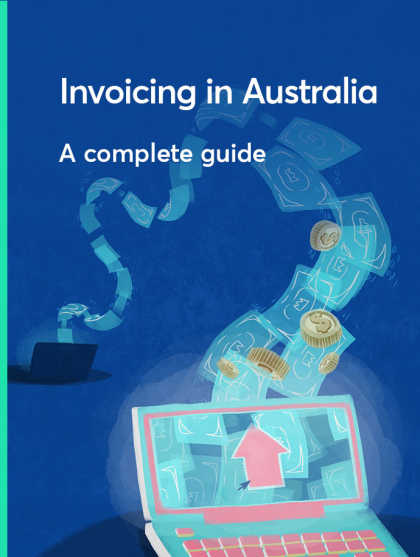
Blockchain and e-billing
Last editedFeb 20201 min read
What is blockchain and how can it be applied to invoicing? And when will we see it become reality?
Blockchain and e-billing
Blockchain technology is a way of storing transactions securely so that they are always available for reference. It has the potential to revolutionise how transactions are validated, invoices issued and payments made. Although best known as the building blocks of cryptocurrencies such as Bitcoin, blockchains are distributed ledgers based on blocks, each of which record a transaction.
These work well for payment reconciliation. For example, an invoice can be stored in a decentralised blockchain network, which can be accessed and altered – with a record of who made changes and when – by several users at once. It's tamper-proof and transparent.
Each record or block is linked and secured using encryption. So all transactions are visible to all parties to a transaction, removing the need for an intermediary. Invoicing systems using blockchain can allow for payments made automatically from a customer to a business’s digital wallet. Transactions are easy to track and monitor, and the entire history of an exchange can be downloaded from the blockchain.
Increased visibility with blockchain
Old-style payment processes were based on paper, with little or no audit trail available unless it was created manually. Even now, debtors can delay payment by hiding behind bureaucracy or claiming that invoices were held up or lost.
With blockchain, payment is more transparent. Request Networks, TallySticks and Applied Blockchain are some of the companies seeking to change business invoicing using blockchain. This technology means information is accessible and accurate at each step, allowing the financial decision makers to see exactly how much money they’re owed and what’s on its way. This makes planning easier.
As good as it sounds, in reality blockchain use isn't widespread. It's taken time for businesses to adopt existing electronic invoice and payment technologies, and it will take more time before the average company adopts blockchain invoicing technology. Even so, blockchain has the potential to be integrated into business processes in the coming years.
Interested in collecting payments by Direct Debit?
Find out if online Direct Debit is right for your business
